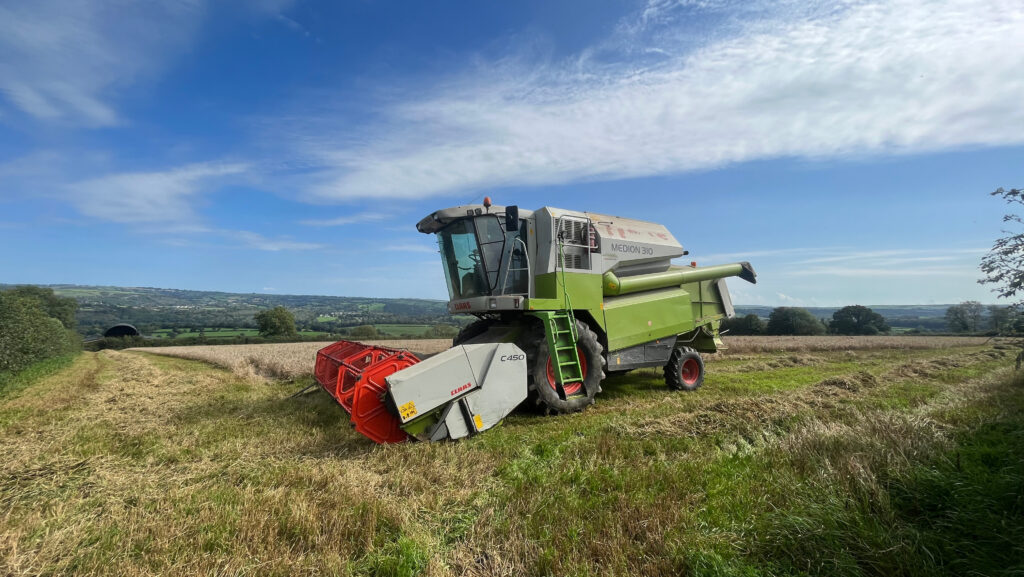Editor’s View: A season to forget for agronomists and farmers
 © Gareth via FW Farmlife Framed gallery
© Gareth via FW Farmlife Framed gallery With harvest now officially off to a tentative start, it is a time to congratulate agronomists for helping steer arable farmers through a very difficult year.
As combines begin to roll in the earliest crops of OSR and winter barley this week, growers and advisers will be breathing a sigh of relief at putting this season behind them, although the financial fallout remains to be grappled with.
With the second smallest wheat area since 1981 set to be harvested in the weeks ahead, agronomists’ income and profits will likely take a hit this year, just like their customers’ coffers will.
See also: Agchem twin packs: Unwanted complication or cost saving opportunity?
You only have to look at the financial year that encompassed the wet autumn of 2019 to see the impact weather can have.
Turnover at the big five – Agrii, Agrovista, Frontier, Procam and Hutchinsons – dropped by 10% in the financial year ending 2020 and profits were down sharply before recovering in the following years.
And while many arable farmers enjoyed a stellar time in 2022, last year was less rosy as Defra’s total income from farming figures (a measure of industry profitability) show this week.
Profits for all farmers in England fell by an average of 19%, with falling crop prices meeting static input prices to squeeze farmgate margins.
The experiment with serviced agronomy is now some 40 years old.
The growing size of arable farms in that era meant owners found it worthwhile to pay for specialist advice, while traditional merchants weren’t making a sufficient margin on chemicals to justify doing it themselves.
Serviced agronomy now covers a little over half of the arable area, with independent agronomists looking after the remainder, although the big distributors still control access to the all-important chemicals.
Yet even some of these are finding it more difficult to make the same margins they were used to half a decade ago, and future challenges are stacking up.
Alongside more challenging weather, environmental schemes will eat into areas of cash crops and the amount of chemistry on the market to protect them will continue to dwindle.
This week, we note that future emergency authorisation of neonicotinoid seed treatments for sugar beet looks increasingly unlikely, and glyphosate is up for renewal again in mainland Great Britain at the end of next year.
Meanwhile, more farmers are attempting to become less reliant on inputs. Yet the distributors, who remain financially robust, are not standing still either.
Some gobbling up of small agronomy firms continues, alongside investment in a greater breadth of on-farm services.
In the long term, will half of farmers continue to tolerate a supply chain that both advises them which chemistry to use and then sells it to them?
There is no doubt that plenty will find no fault in this, and (perhaps more importantly) it seems to suit the manufacturers just fine.
The path for a challenger looks steep, but perhaps not totally impassable.
